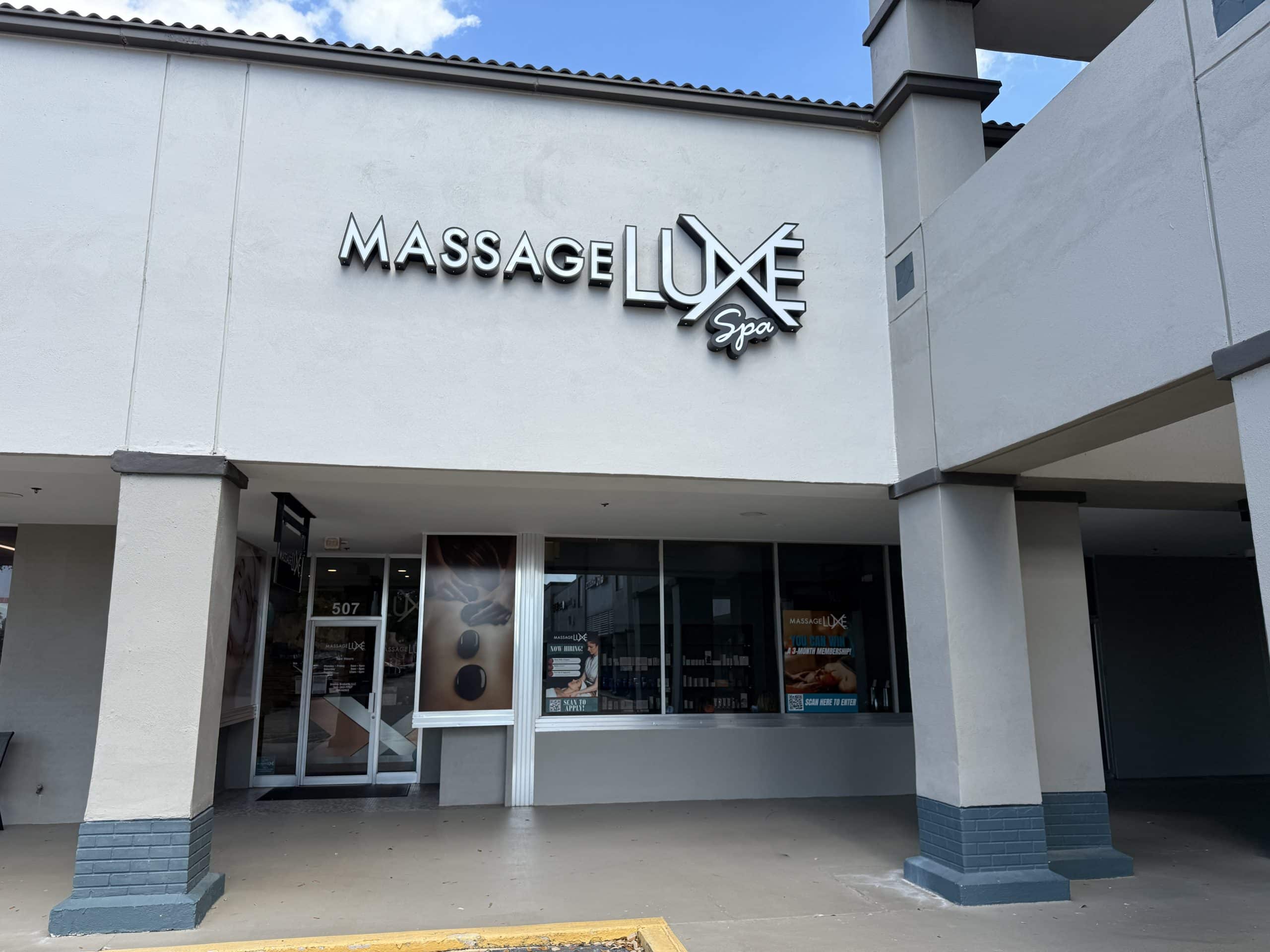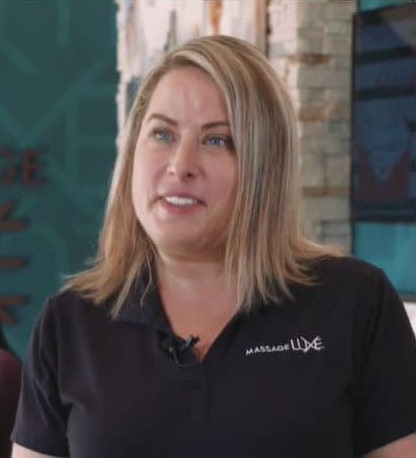How Do Franchises Work? The Franchise Business Model, Explained
Franchising is a strong model to consider for entrepreneurs who want to own a business. It is an effective option, giving you, the franchisee, an opportunity to enjoy a profitable career and build wealth while contributing to your community. It is an investment model that has withstood the test of time.
Some reports show the concept dating back to the Middle Ages. Here, in the United States, the Singer sewing machine company is credited with being the first commercial franchisor back in 1851, but the idea gained momentum in the 1950s with a now-famous food franchise. Since then, franchising has grown considerably.
There are nearly 800,000 franchises in more than 120 industries, employing more than 9 million people in the U.S. Undeniably, it’s a solid and popular business concept, but you may be asking, how do franchises work? Here’s an easy-to-read guide on the basics of the franchise business model, the relationship with the franchisor, and ownership options.
Franchising, Defined
Franchising is a business model that allows you to work for yourself but not by yourself. It is a method of doing business by providing goods or services in which the brand or franchisor grants the use of their business model and trademarked name in exchange for a fee.
The franchisee usually pays the franchisor a one-time initial franchise fee and continuing fees referred to as royalties. The cash outlay allows the franchisee the use of the franchisor’s brand name and operating methods. The franchisor also provides training and ongoing support to ensure the success of their business.
The alternative is starting a business from scratch, learning the ins-and-outs of the marketplace without support or guidance. You’d be dealing with licenses, permits, building, marketing, staffing, supplies, etc., just to name a few — completely alone. Franchising gives entrepreneurs the edge, an opportunity to follow a blueprint toward success.
How do Franchises Work?
Once the business relationship is established and fees are paid, the franchisee’s business is functional. Most franchisees are advised to have some business know-how and understand the industry. The franchisor provides the franchisee with the necessary training, leadership, and support to operate their business while following brand guidelines.
The appeal for an entrepreneur to invest in a franchise model, compared to a “startup,” is that the brand provides a safeguard. Jumping into business with the security of a proven model and established guidelines is very appealing and provides a better risk-reward scenario.
For a franchisee, brand expectations and standards often come with a built-in customer base. Although once established, the franchisee will work hard to maintain customer loyalty and quality services, brand reputation among consumers aids in getting business off the ground and maintaining it. Having a system in place and tools to support franchisees is beneficial to both franchisor and franchisee.
The Franchisor-Franchisee Relationship
That franchisor/franchisee relationship is clearly spelled out in a legal document called the FDD, or franchise disclosure document. It must be given to prospective franchisees as part of the pre-sale due diligence process. The document is a legal requirement regulated by the Federal Trade Commission (FTC) and contains investment information about the brand. It is an essential document that helps a franchisee decide whether or not to invest in the franchise. The International Franchise Association explains the 23 items contained in every franchise FDD, which gives an in-depth explanation as to how a franchise conducts business.
In franchising, the franchisor-franchisee relationship is an equal partnership. Meaning, without the franchisees, the brand cannot grow, and without the franchisor, the franchisee would have no systems or model in place to grow as a business owner. They are completely dependent on one another for success.
Which is why it is vital for a prospective franchisee to critically evaluate a particular brand’s systems and management before investing. Conversely, a franchisor needs to seek out owners who align with the brand.
Franchise Model
While franchising is a business opportunity, what differentiates it is the franchise model. A regular business opportunity does not provide the support, training, and guidance to help business owners become operational and successful.
In the franchise model, there is a legal relationship between the brand and the individual, or franchisee. The model allows the franchisee to legally use the franchisor’s trade name and operating systems in exchange for a fee. Like any sound business agreement, there is a contract, or franchise agreement, which states both parties will operate per the specified terms.
Types of Franchise Models
There are five main types of franchise models to choose from, allowing the franchisee to choose the best fit for their investment. It allows you to decide how active you will be in your day-to-day operations.
Business Format Franchise: When we think of the franchise model, this is the usual type. This model allows the franchisee to operate under a brand name, paying fees for the use of a proven business model to provide products or services. The brand provides training and support and operational guidelines.
Job Franchise: This is often a home-based business that can be run by the sole owner or with a small staff.
Product Franchise: Also referred to as the distribution franchise, this model allows the franchisee to “distribute” products under the parent company’s name. Fees provide the franchisee the use of trademark names and products. It is a B2B (business to business) model ideal for independent distribution.
Investment Franchise: This is a large-scale acquisition model requiring a large capital investment. This is ideal for those who do not want to deal with day-to-day operations.
Conversion Franchise: This is a hybrid form of franchising. It allows the franchise brand to grow as an independent business converts to a franchise unit. The franchisee adopts the parent company’s brand name, marketing and advertising programs, training system, and client service protocols.
Business Ownership Options
Just as there are different models within the franchise system, there are also a variety of ownership options.
Single-Unit Franchisee – This is usually the starting point for most first-time franchisees. It is the purchase of one unit and the most popular ownership option. Most single-unit franchisees participate in day-to-day operations.
Multi-Unit Franchisee – When a franchisee is successful with their first unit, they will often choose to expand to two or more locations or opportunities with the same brand in the same area or region. Multiple ownership opportunities can be financially beneficial for the franchisor and franchisee. Since the franchisee has a solid understanding of the business — higher volume equals a higher ROI and lower risk. Franchisors typically provide a multi-unit discount. This is a very attractive option and the direction many franchises are moving in.
Multi-Unit Area Developers – Multi-unit area developers are franchisees who agree to develop a specified number of locations within an agreed-on period of time. This technique is suitable for franchisees who want an exclusive market and have the financial ability to commit to the agreement.
Master Franchisee – A master franchisee is typically a multi-unit developer who takes it next level. This franchisee is able to sell franchises to other prospective franchisees. The master franchisee becomes the liaison between the franchisee and the franchise company.
The MassageLuXe Franchise
Franchising can be a great investment opportunity for entrepreneurs who dream of business ownership but don’t want to go it alone. The key is to know your finances to determine the level of investment you can comfortably make, find something you’re passionate about, and find a brand positioned with your lifestyle.
If you are interested in the growing trend of health and wellness, for example, at MassageLuXe, we are a brand that believes in the strength and power of massage therapy and treating your skin properly.
Massage therapy can relieve stress and anxiety, which improves your mental health and well-being. Not to mention, therapeutic massage provides pain management and relief for people suffering from numerous ailments and chronic conditions. Furthermore, focus on self-care and wellness leads to better health, pain management, and overall improvements to well-being.
When you are looking to invest in a brand, it’s important to dig deeper to understand their franchise system. At MassageLuXe, we are open to answering any franchise questions you may have, from investment fees to the assistance we provide our franchisees. We have a very successful business model which is seeing rapid growth. We are looking for single- and multi-unit franchisees as we aim to have 250 locations across the country by 2025.
To learn more about spa franchise opportunities with MassageLuXe, scroll down to fill out the contact form here.














